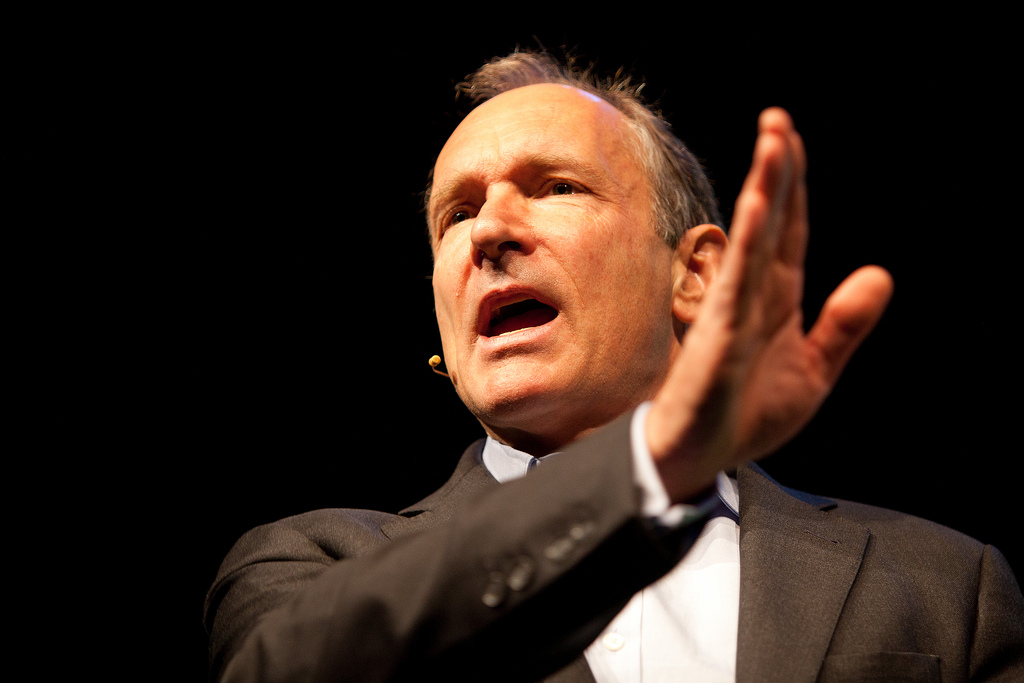Sir Tim Berners-Lee, inventor of the World Wide Web, has called for greater resistance to government-enforced blanket surveillance.
In July, Prime Minister David Cameron announced that emergency powers to allow public bodies to access phone and internet records are being rushed through Parliament.
The legislation overpowered a European Court of Justice ruling three months earlier, which deemed the storing of metadata by telecoms companies illegal as it infrinches privacy rights.
“I think we should be really resistant to it,” Berners-Lee told Information Age. While accepting that government snooping is an “inevitable” form of crime prevention in the Internet age, he criticised the approach of Cameron, who presented him with an outstanding achievement award at Monday’s Pride of Britain Awards.
“There’s an emergency today and there will be an emergency tomorrow – there’s always an emergency,” he said. “So I don’t think one should use the term ‘emergency’ to be able to push through powers.”
>See also: Sir Tim Berners-Lee outlines his 2050 vision of the Web
Instead, he has called for a more “transparent” and “powerful” system of surveillance, which is kept in check by an independent body.
“We should make sure – emergency or not – that there is a system we all know about, in which an agency watches the watchers and guards the guards. We need to build that system up and have public discussions about it.”
The agency that currently oversees electronic surveillance in the UK, the Government Communications Headquarters (GCHQ), has faced extensive scrutiny since Edward Snowden exposed its access to the controversial US internet monitoring programme PRISM.
Snowden also accused GCHQ of eavesdropping phone calls and emails from politicians visiting the 2009 G-20 London Summit, and collecting 1.8 million private webcam images from Yahoo users.
Berners-Lee revealed he has spoken to Robert Hannigan, who became the new head of GCHQ this autumn following a six-year leadership stint by Sir Iain Lobban.
“He asked, ‘how should we build a system?’ and ‘how should GCHQ do what the British public needs it to be able to do; to be a powerful force and still be accountable?’.”
The answer is tricky, Berners-Lee acknowledged. “It’s a difficult problem, but with the government we really have to go through and design that system and force them to put it in place.
“There’s a tradition in England of trusting the government and government agencies, but we have to have a system with more powerful checks.”










